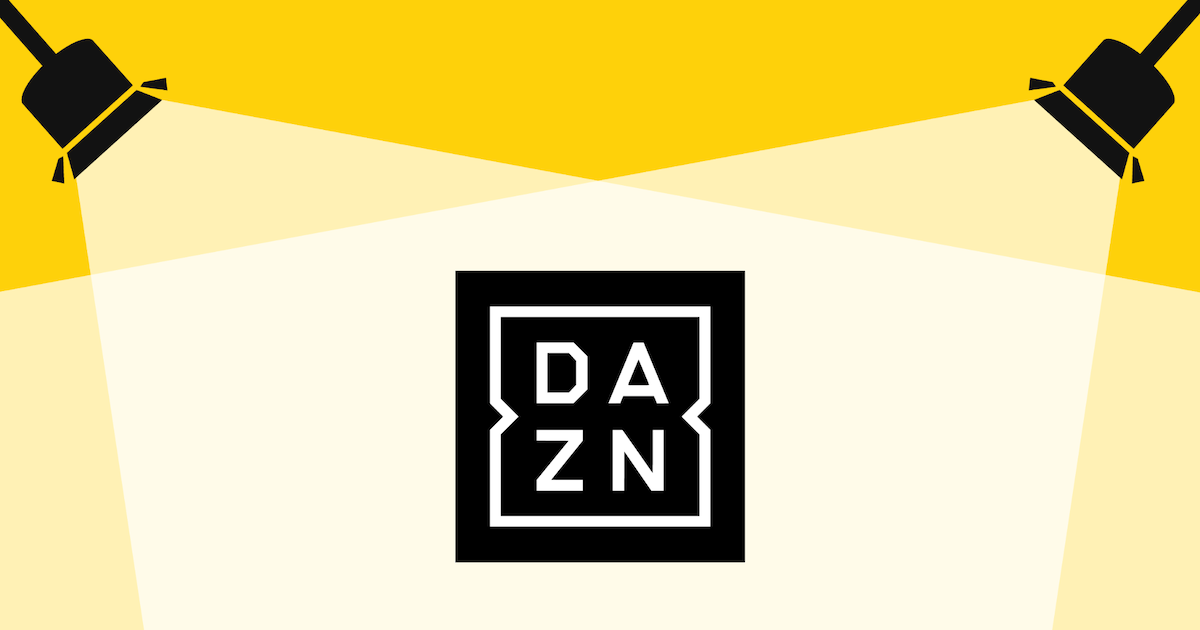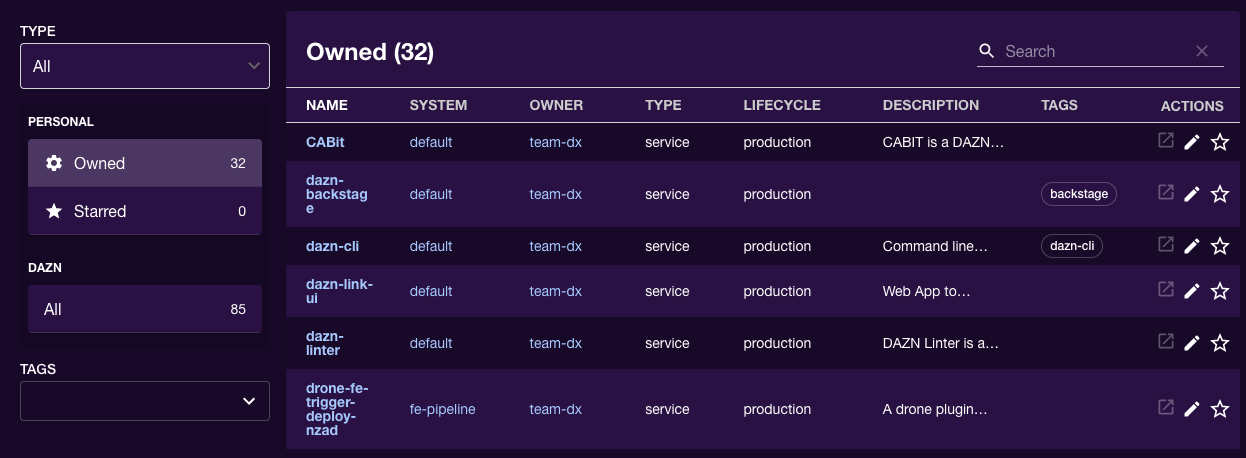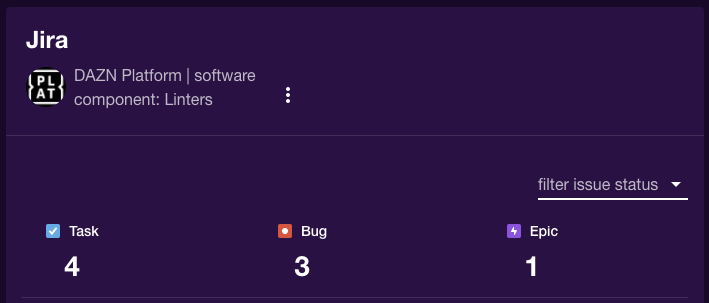Adopter Spotlight: DAZN scores with Backstage
- Author
- Helen Greul, Spotify
- Published

International sports streamer DAZN has about 500 software engineers distributed around the world. They also have a 12-person developer experience team dedicated to serving them. As they state on the DAZN Engineering blog, the DX team’s mission is to:
Empower every developer to build the best products and reach their goals by providing the best tools in a supportive and responsive way.
Their latest tool for fulfilling that mission? Backstage. DAZN recently wrote about how they got their Backstage developer portal up and running. Turns out, they had a good head start.
Step 1: YAML files for everyone
DAZN had a unique advantage when they decided to adopt Backstage. To help track ownership and documentation for their microservices and other components, they had already started creating YAML files describing their services in all their repos. The metadata in these custom manifest files was useful — but the information was scattered in repos across the org.
Step 2: Instant software catalog
Luckily, all they had to do was ingest those YAML files into Backstage — and, voila, they had a working developer portal, complete with a centralized software catalog:

This proved to be a real game changer for DAZN’s 500 developers. As principal engineer Marco Crivellaro writes in the post:
Backstage makes it possible to view and manage thousands of services, through discoverability… Backstage provides an interface for every team to view all the services that they own, the dependencies of the service, and its documentation.
Step 3: Add plugins!
Once the catalog was up and running, DAZN could take advantage of the Plugin Marketplace, adding integrations for Jira, TODO, PagerDuty, and whatever other functionality the DAZN team or the community decides to build for Backstage next.

Crivellaro describes the advantages of building on top of a plugin-based architecture and open source ecosystem, which allows “Backstage adopters to benefit from the growing community, and also extend the platform to suit any individual needs.”
Read Crivellaro’s whole post — “Integrating Backstage at DAZN” — to learn more about DAZN’s road to Backstage and how they’re contributing back to the open source community with improvements of their own.
Read more about how DAZN got started with Backstage →
Read more about their DX team’s approach to developer experience →
If you’re wondering the best way for your organization to get up and running with Backstage, we can help. Just reach out to Spotify’s Backstage team — give us a shout!